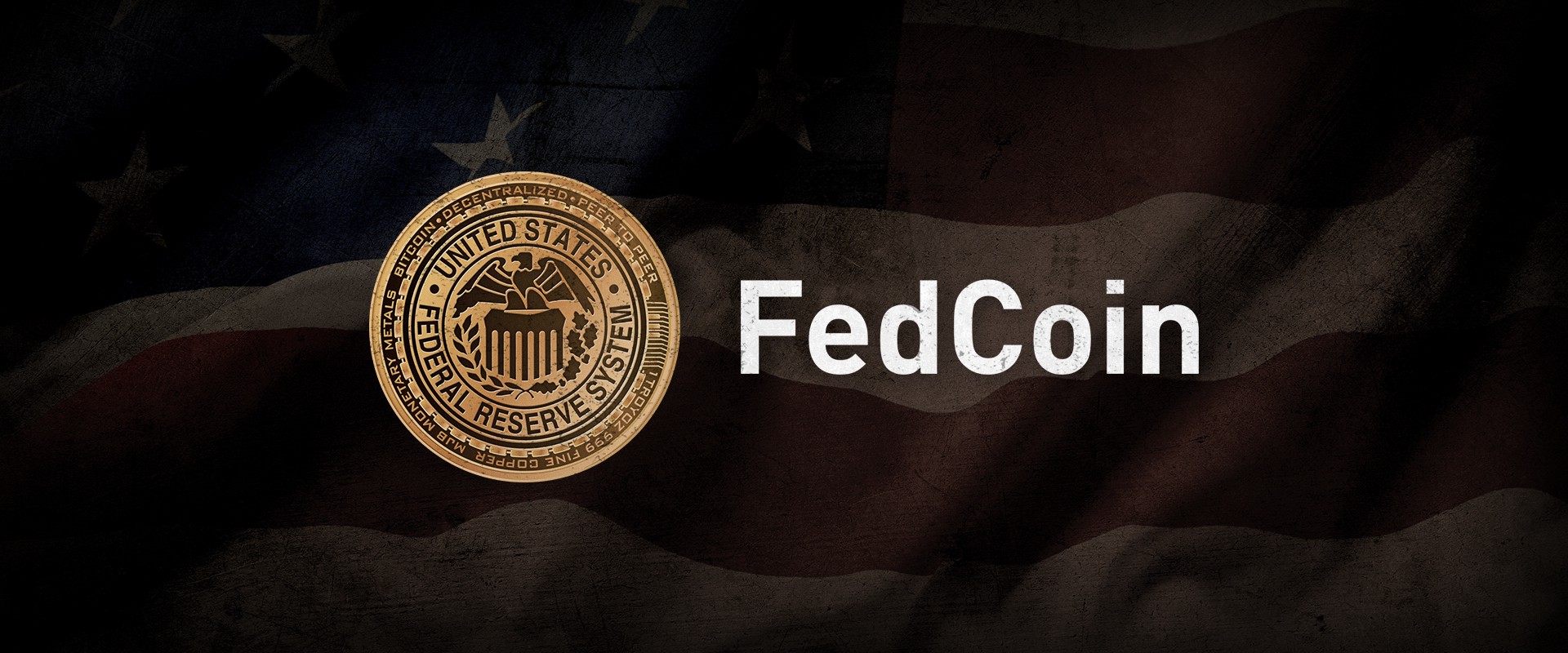PALO ALTO, Calif. (Reuters) - The Federal Reserve is looking at a broad variety of Get more information problems around digital payments and currencies, including policy, style and legal factors to consider around possibly issuing its own digital currency, Governor Lael Brainard stated on Wednesday. Brainard's remarks suggest more openness to the possibility of a Fed-issued digital coin than in the past." By transforming payments, digitalization has the prospective to deliver greater worth and benefit at lower cost," Brainard stated at a conference on payments at the Stanford Graduate School of Business.
Reserve banks internationally are discussing how to manage digital finance innovation and the dispersed ledger systems used by bitcoin, which assures near-instantaneous payment at potentially low expense. The Fed is establishing its own round-the-clock real-time payments and settlement service and is currently examining 200 comment letters sent late last year about the suggested service's style and scope, Brainard stated.
Less than two years ago Brainard told a conference in San Francisco that there is "no compelling demonstrated requirement" for such a coin. However that was prior to the scope of Facebook's digital currency aspirations were widely understood. Fed authorities, including Brainard, have raised issues about consumer defenses and information and personal privacy dangers that might be postured by a currency that might enter into usage by the third of the world's population that have Facebook accounts.
" We are collaborating with other reserve banks as we advance our understanding of reserve bank digital currencies," she stated. With more countries looking into providing their own digital currencies, Brainard said, that contributes to "a set of factors to also be ensuring that we are that frontier of both research study and policy advancement." In the United States, Brainard stated, problems that require study include whether a digital currency would make the payments system much safer or easier, and whether it could posture financial stability risks, including the possibility of bank runs if cash can be turned "with a single swipe" into the main bank's digital currency.

To counter the monetary damage from America's unprecedented national lockdown, the Federal Reserve has taken unprecedented steps, consisting of flooding the economy with dollars and investing straight in the economy. Many of these relocations received grudging approval even from many Fed doubters, as they saw this stimulus as required and something only the Fed could do.
My new CEI report, "Government-Run Payment Systems Are Unsafe at Any Speed: The Case Against Fedcoin and FedNow," information the threats of the Fed's current prepare for its FedNow real-time payment system, and propositions for main bank-issued cryptocurrency that have actually been called Fedcoin or the "digital dollar." In my report, I discuss issues about personal privacy, data security, currency manipulation, and crowding out private-sector competition and development.
Supporters of FedNow and Fedcoin say the government must produce a system for payments to deposit instantly, instead of encourage such systems in the private sector by lifting regulative barriers. But as kept in mind in the paper, the private sector is Check out the post right here offering a relatively endless supply of payment technologies and digital currencies to solve the problemto the level it is a problemof the time gap between when a payment is sent out and when it is received in a savings account.
And the examples of private-sector innovation in this area are numerous. The Clearing Home, a bank-held cooperative that has been routing interbank payments in numerous types for more than 150 years, has actually been clearing real-time payments since 2017. By the end of 2018 it was covering 50 percent of the deposit base in the U.S.